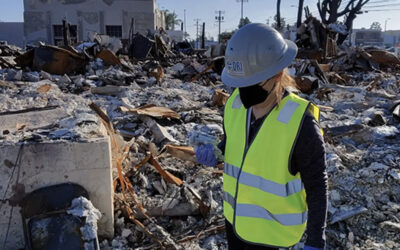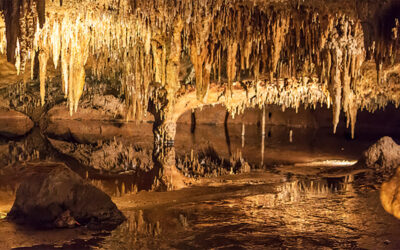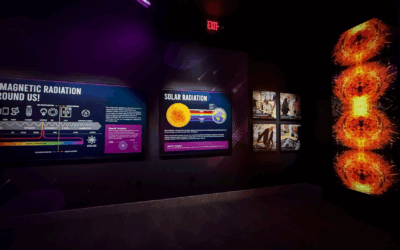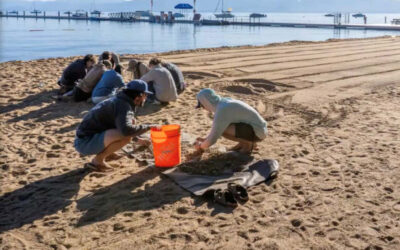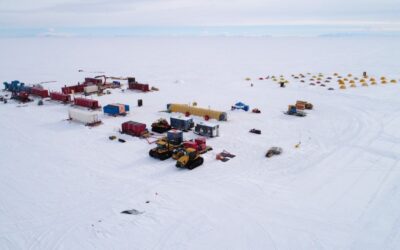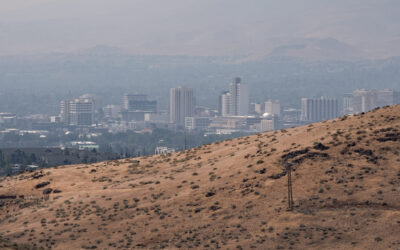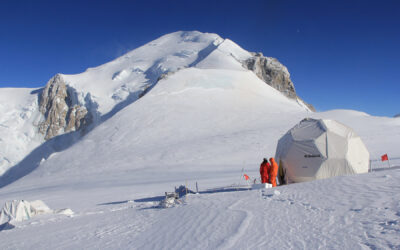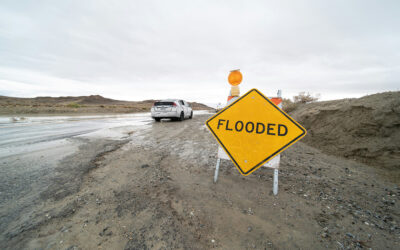News & Announcements
Working to Solve our Most Challenging Environmental Problems
DRI’s research calls on the expertise and methods of scientists from multiple scientific disciplines. More than 600 highly-skilled scientists, engineers, technicians, students, and staff work collaboratively within and across three research divisions, focused on understanding and answering critical science questions about global climate change, water quality and availability, air quality, the sustainability of desert lands, life in extreme environments, education, and more.
NSF Grant Awarded to Research the Chemistry of Post-fire Soil Water Repellency
The research will investigate how the chemical composition of post-fire soils is linked with soil water repellency and reflectance. A significant knowledge gap exists in understanding the post-fire soil chemical processes that lead to soil water repellency and, consequently, increase the risk of post-fire hazards such as floods and landslides.
NSHE Secures $750,000 NASA EPSCoR Grant for Research into Underground Ecosystems That Could Inform the Search for Life Beyond Earth
The Nevada System of Higher Education (NSHE) has secured a $750,000 grant from NASA’s Established Program to Stimulate Competitive Research (EPSCoR) to study unique underground ecosystems powered by radiation instead of sunlight. The findings could help guide NASA’s search for life beneath the surfaces of Mars and icy worlds elsewhere in the solar system.
Keep Tahoe Blue, The Tyre Collective, and DRI launch innovative pilot program to protect Lake Tahoe’s air and water
Today, Keep Tahoe Blue, The Tyre Collective, and Desert Research Institute (DRI) announced a groundbreaking collaboration with the Emerald Bay Shuttle and its operator, Downtowner, that brings together science, technology, and alternative transportation to protect Lake Tahoe’s world-renowned water clarity. The pilot program employs The Tyre Collective’s proprietary technology — discrete, compact devices affixed to a vehicle’s undercarriage — to capture harmful tire wear particles directly at the wheel.
DRI, Atomic Museum Launch Free Field Trip Program Titled “Exploring the Invisible” for Grades 6-12
DRI, in partnership with the Atomic Museum, announces an innovative and accessible field trip program titled “Exploring the Invisible: A Hands-On Journey into Radiation Science.” Designed to ignite curiosity in science, technology, engineering and mathematics (STEM) as well as connect students to Nevada’s rich history, the field trip includes free admission and transportation for participants.
DRI Internships Offer TMCC Students Insight Into Science Careers
This summer, DRI brought eighteen students from Truckee Meadows Community College (TMCC) to our Reno campus for a paid, immersive research experience. Over the course of the ten week program, students worked under the mentorship of DRI faculty members to learn about the process of using scientific research to solve real-world problems. This unique internship program welcomes all students, not only those pursuing majors in science.
Hidden Life Beneath Antarctic Ice: Microbial Diversity and Survival Strategies Revealed in Mercer Subglacial Lake
Hundreds of lakes exist beneath the Antarctic ice sheet, and very few have ever been explored by scientists. Now, an international research team has published their findings from an ambitious effort to drill over 1,000 meters into the ice to sample the life hidden in one known as Mercer Subglacial Lake. The project, referred to as the Subglacial Antarctic Lake Scientific Access (SALSA) project, was documented in detail for the film The Lake at the Bottom of the World.
DRI Contributes to Study Using AI in Wastewater Surveillance for Detection of Emerging Virus Pathogens
DRI Microbiologist Duane Moser co-authored a new study which introduces an AI-driven approach for the rapid detection and characterization of emerging variants during wastewater surveillance. The research builds on his earlier work helping to establish wastewater monitoring as a cost-effective tool for tracking pathogens during the COVID-19 pandemic.
DRI Recruiting Washoe County Community Members for Research on the Health Impacts of Heat and Wildfire Smoke
DRI and Northern Nevada Public Health are recruiting Washoe County community members for a research project examining heat and air quality impacts on household health. Participants should be 18 or older and live in Washoe County.
Scientists Find the First Ice Core From the European Alps That Dates Back to the Last Ice Age
The new study, published in the June issue of PNAS Nexus, examines a 40-meter long ice core from Mont Blanc’s Dôme du Goûter. Using radiocarbon dating techniques, the research team found that the glacier provides an intact record of aerosols and climate dating back at least 12,000 years. Aerosols are small droplets and particles in the air such as desert dust, sea salts, sulfur from volcanic eruptions, soot from forest fires, as well as pollutants and other emissions from human activities.
A New, Detailed Analysis of the Benefits and Trade-offs of Urban Street Trees in Las Vegas
Earth is hotter than it has been in 125,000 years, scientists say, and Las Vegas continues to break temperature records. Planting and preserving the city’s street trees is one method that brings many benefits, from the cool air of their shade to their ability to store carbon. Now, a new study takes a deeper look at just how much trees can offer Sin City, as well as the water tradeoffs inherent in growing trees in a desert.
Desert Lichen Offers New Evidence for the Possibility of Life on Other Planets
The question of whether Earth is alone in harboring life has captivated humanity for millennia. In recent years, scientists have turned to Earth-like planets in other solar systems that may show the most promise, but many revolve around stars that emit much stronger solar radiation than our own. Now, a new study offers evidence that life as we know it may be able to thrive on those Earth-like exoplanets.
Wet Soils Increase Flooding During Atmospheric River Storms
A new study examined decades of atmospheric river storms across the West Coast to pinpoint the conditions that lead to catastrophic flooding. The research, published June 4 in the Journal of Hydrometeorology, analyzed more than 43,000 atmospheric river storms across 122 watersheds on the West Coast between 1980 and 2023.
